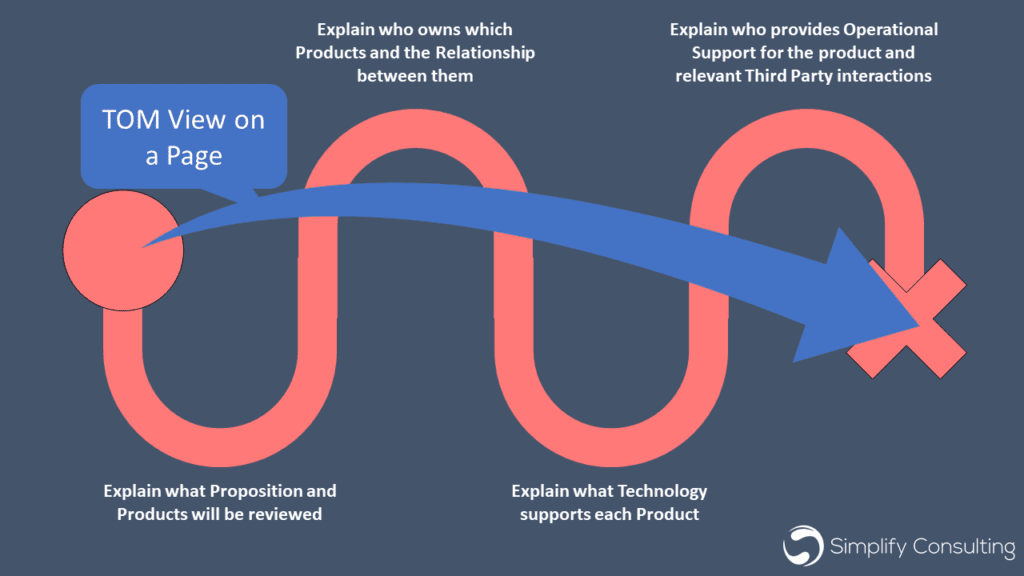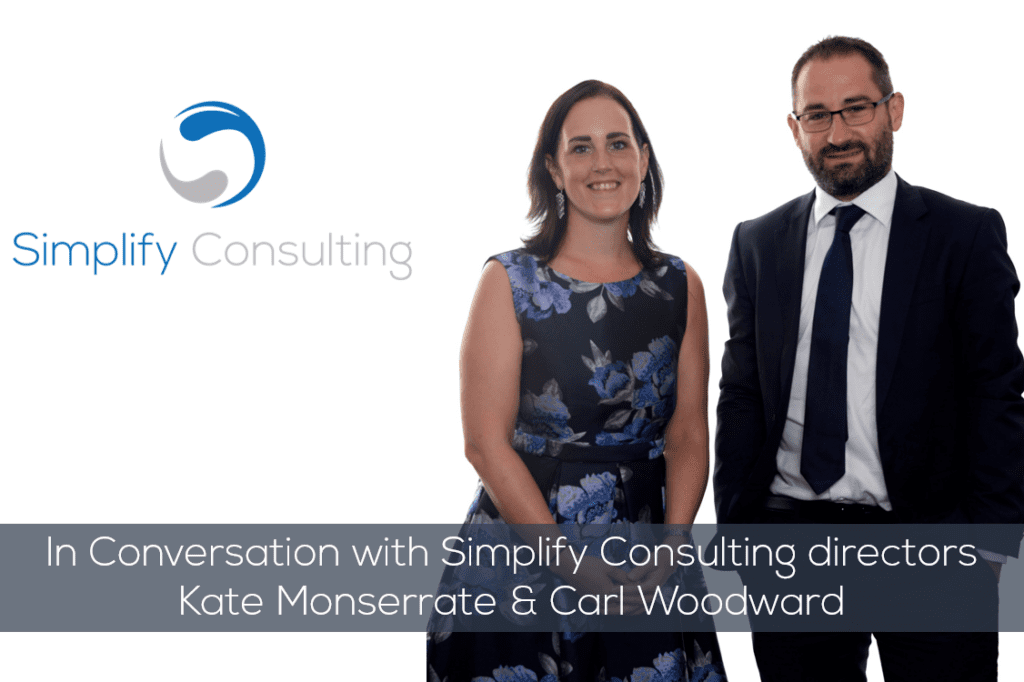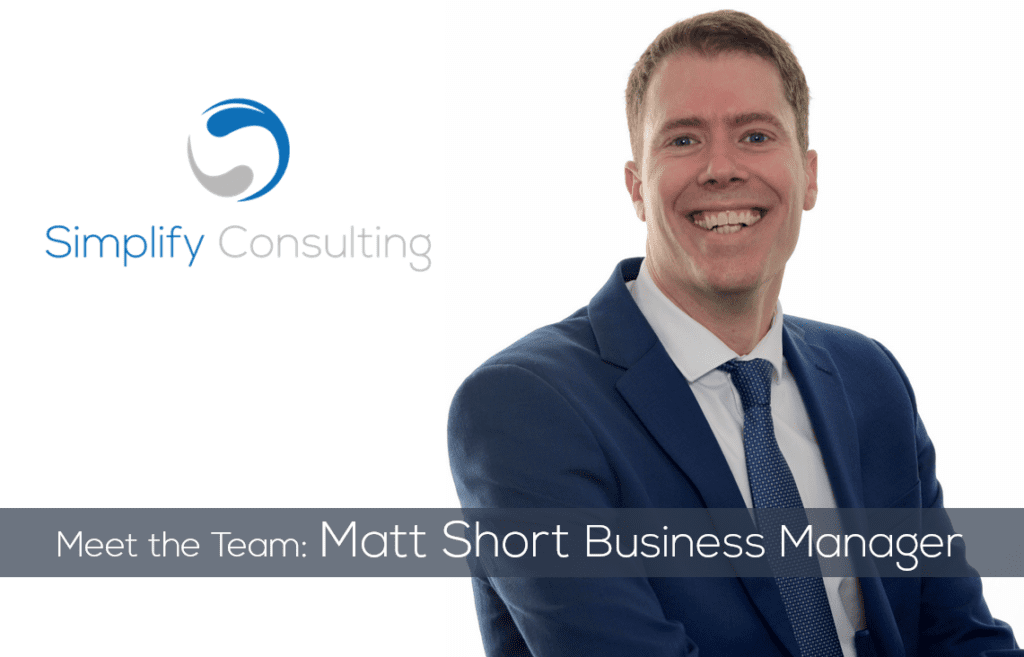
The Importance of Financial Advisors.
Most of us encounter circumstances in life where we need professional advice, whether we know it or not. The basis of financial advice is to assist us in planning for the changing circumstances in our lives, some are as a consequence of external factors whilst others occur through the natural passage of time. It helps us, as customers, understand what the implications of our actions today will have on our future financial position. The job of a Financial Adviser, more often than not, is to gain an understanding of the needs and wants of people at different stages in their lives and how their finances can get them there. Financial Advisers have a responsibility to help clients see the big picture, prioritise objectives whilst understanding lifetime needs, regardless of age.
This is all far easier said than done. We are in the midst of an advice gap which urgently needs addressing. This gap is seemingly a cause for concern on two fronts, the first being with the types of people accessing regulated financial advice and their age. The second being the age of the advisors themselves. As per “The changing shape of the consumer market for advice: Interim consumer research to inform the Financial Advice Market Review (FAMR)” those who have had advice grows with age. Their findings report that the propensity to have advice increases markedly with age – six in ten (58%) are aged 55 and over and one in three (33%) are aged 65 and over (compared to 42% and 22% of the UK population, respectively.
On the other side of the advice gap fence is the impact on Financial Advisors directly. Findings by TPO – The Private Office saw the average age of an Independent Financial Adviser in the UK is 58 with a further worrying stat that one in five IFAs plan to retire from the industry in the next 5 years. To avoid this gap potentially growing it’s crucial that financial advice is appealing to the next generation on all fronts, and quickly. Not only will this provide a clear runway for future business growth, but it also ensures future generations are not left out of the holistic financial planning conversation.
The next generation. Social media. Understanding the risks.
It’s important that advisers understand the obstacles they are up against when targeting younger generations, how they can bring younger clients into the financial advice space and how they can best educate in an ever-growing online world.

There’s a growing concern at The Financial Conduct Authority (FCA) over young people looking for investments online, saying “social media was partly responsible for young investors taking on too much risk when investing”. We’ve all come across algorithmic ad targeting, promising unrealistic returns on investments. We’ve seen the Facebook stories and news articles covering the highs and lows of Cryptocurrencies and people’s initial investments increasing tenfold overnight. Earlier this year there was the well-publicised GameStop fiasco where it found itself at the centre of a ground-breaking battle between Wall Street and small investors. In all of this there is one common denominator…social media platforms. Social media is undoubtedly an attractive platform and for many is an important part of our lives, and rightly so. The dangers of social media are just as prevalent as the positives, some well publicised, such as child security and protection, invasion of privacy and cyberbullying. In amongst all of these dangers fits the so called ‘Investment Influencers’. A quick Google or YouTube search returns hundreds, if not thousands of people giving investing tips, guidance, and strategies, but not giving financial advice… or are they?
The FCA have, on multiple occasions, stated consumers should be wary of “high-return investments”. On a social platform, these are typically in the form of bold claims which adopt extremely high-risk strategies – some without any disclosures and most (if not all) without regulatory approval. This means there is no protection for you as the consumer. Typically, influencers will target inexperienced, younger people who lack resources needed to actively manage speculative investments, which are usually extremely volatile.
This trend is a cause for concern for all involved in wealth, particularly those in the regulated advice space. A regulated adviser will invest heavily into their career, complete an array of qualifications, spend time getting to know their customers and ensure their advice and guidance is personal, factual, and bespoke. They are up against an incredibly powerful force – the word of an influencer has a far greater reach than many can imagine, with an audience into the tens of thousands and sometimes millions, and usually there is only one beneficiary in all of this… the influencer themselves. Social media platform TikTok has recently banned the promotion of various financial services products including investments and Cryptocurrency. According to TikTok’s branded content policy, the promotion of all financial services and products is now globally prohibited, but is this enough and will others follow suite?
As the industry assess the impact this has on consumers, we need to understand how this impacts our regulated advisors today. Is there enough protection in place to protect the consumer and the regulated advice sector and are the FCAs concerns genuine?

What do Financial Advisers think?
It’s important to understand the opinions from different ends of the financial advice spectrum. I recently interviewed Alistair Ellen, an experienced Financial Adviser and Director at FPWM Tailored Financial Solutions and Jack Fawcett, an aspiring Financial Advisor who has already invested much time and effort into his advisory career, from Strategic Solutions. The aim was to find out their thoughts on this contentious subject and what they think the future holds for financial advice.
Social media platforms today are littered with ‘get rich schemes’, in the eyes of a Financial Adviser what does this mean to you?
Jack: “I’ve used various social media platforms for a long time now and I have come across various forms of these ‘get rich quick’ schemes. Ultimately, they share the same goal of selling this idea that an individual can obtain financial freedom.
A lot of the schemes have created this idea that an easy passive income can be made online, and they can range in terms of risk. I’ve seen anything from buying and selling on eBay/Amazon, Affiliate marketing for similar platforms, online trading with stocks & shares, and lately, a lot of trading of Cryptocurrencies. I’m not saying that an income can’t be made from these sources. However, these ‘get rich quick’ schemes are providing unregulated ‘advice’ and, in my opinion, tricking individuals into thinking they have the magic answers to make it work. The reality is that most of the time they are the only people who truly end up benefiting.”
Alistair: “These schemes often build on people’s fear of missing out (FOMO) and sometimes those who are taken in are more vulnerable to this bias which we all have to varying degrees. The techniques used to draw these people in are often similar to those used by online gambling adverts, seeking to make something attractive through aligning it with traits that people aspire to. But this is not just an online problem, In the last 10 years, we have seen property schemes create big losses and claims in SIPPs and while not necessarily “get rich quick” schemes, they pulled in people looking for easy returns that were given far more play than the potential risks. So this is an old problem with a new face and a recurring theme through numerous market cycles.”
Do you think that so called ‘get rich quick’ schemes pose a threat to the regulated advice sector? These are typically high-risk / volatile markets which may not be regulated (such as Cryptocurrencies) or easily manipulated (as we’ve seen with GameStop).
Alistair: “No, at this point I don’t think they pose a threat to mainstream advice because they are at the margins and by nature are un-regulated. Whether this changes in the future and they become more mainstream or even fall into the regulated realm, remains to be seen. It is also possible that the opposite happens, and social media companies and regulators get their act together and they are better monitored or restricted. It’s important to note that many of these schemes get a lot more coverage than they do take up, even crypto. This could all change should they become regulated, particularly if there is more governmental pressure in this space. Nevertheless, there remains a responsibility on Financial Advisers to help clients who are engaged in crypto to ensure that they operate a good decision-making and buy and sell discipline which helps them manage their exposure. This is a part of the important coaching role that an adviser can provide for clients.
Jack: “I think the schemes involving online trading can definitely pose as a threat to regulated advice. One of the key issues that we face at the moment, is getting younger generations to think about their financial future.
Sadly, we live in a society with a huge online presence and like you say, recently ‘influencers’ have been using social media platforms to sell audiences extremally high risk and volatile investments. Once the market becomes manipulated as seen with GameStop investors don’t realise that their fear of missing out is putting them at great risk of losing a lot of their life savings. Meanwhile, the influencer who encouraged them to invest makes their profit and runs off.”
Do you think there is a clear trend between Investment strategies and age? Is it wrong to assume that the majority who will take online advice or guidance from an un-regulated person are likely to be Gen Z?
Jack: “Definitely, and I think that will always be the case. Statistically, they use social media more, and are therefore more exposed to these schemes.
Sadly, it’s Gen Z who are more desperate to try and make a ‘quick buck’. A lot of them face the costs of education, or the difficulties of getting on the property ladder, and there’s a severe gap in being able to meet these costs. I can see why these get rich quick schemes seem enticing.”
Alistair: “There seems to be a clear trend between the more esoteric or un-regulated speculative schemes and younger people. They are more likely to look at views of unregulated people to receive information, which is where influencers and people with a strong online presence are driving some people’s decisions. Again, this is just a modern version of people reading the Daily Mail finance pages and acting on what a journalist says, rather than use an adviser. Every generation thinks that what happens to them is different, but it is just a new version of the same human behaviours”
Have you been exposed to any online content seemingly giving financial tips or advice – If so, what are your thoughts on the content you’ve seen?
Alistair: “Yes, I read it but it’s no more likely to affect my decisions than any other information from other sources. We all need to exercise critical thinking and consider the source of information as well as the views or agenda of that source. Critical thinking is a skill that is in short supply in the social media age, and certain information can be quite dangerous in the wrong hands, playing on people’s behavioural biases. Stories circulate and get repeated ad nauseam so that they reach a point where they are seen as facts, just by nature of how often they have been repeated. We have recent evidence of this and how it is shaping politics and the use of algorithms in social media makes this more widespread and effective.
Jack: “I come across different forms more or less daily, and I would be lying if I was to say that when I finished university, in debt, and with approximately £200 to my name, I wasn’t tempted. Luckily, I had the knowledge and experience to know the dangers that come with it though.”
Following the decision made by TikTok to ban the promotion of all financial services and products, do you think other social platforms should follow suite and firmer regulations imposed on the sites to better control their content? and do you feel the regulator is doing enough to clamp down in this area, or whether they are too passive.
Jack: “As much as I do believe something needs to be done to control this type of content, I think it would be naïve to believe that it can be completely banned by all social media platforms. I see a lot of content being made on YouTube surrounding Cryptocurrencies and they all use the same line ‘this is not financial advice’. This is great, but when the title of your video states that a certain Cryptocurrency is going to return 1000% in 1 month, you’re still going to get vulnerable viewers investing their money without knowing the real consequences of what could happen.
I think the key driver to making a change is going to come from education. There’s still this misconception that you have to have money before you can start making money through regulated investments, and that’s why a lot of younger individual’s search for ‘get rich quick’ schemes.”
Alistair: “Yes, I think that they probably should, or find a way to create better balance so that people get a more balanced view. It is interesting to Google Bitcoin and see how many pages you need to read before you get to someone who isn’t trying to sell you cryptocurrency. People seem to think that buying Cryptocurrency is a form of investment when it is speculative and it’s important to only play with money you can afford to lose. From my conversations with people who are speculating within Crypto, it is clear that the overwhelming majority confuse cryptocurrency with blockchain – the technology which underpins crypto There is an exciting future for blockchain, but I don’t believe that buying cryptocurrencies is the way to profit from blockchain. There is an old maxim about the Californian goldrush in that the most money was made in selling picks and shovels. Blockchain is the picks and shovels of the “crypto gold rush”. Cryptocurrencies exist in an underground culture, but governments are taking them more seriously and considering their own digital currencies. I strongly feel crypto should become more centralised and regulated to protect consumers.”
Earlier this year we saw the power of the internet and how easily a market can be manipulated, with the GameStop surge. The platform used for this was Reddit, do you think there’s enough controls in place to prevent this happening again or are social media platforms a breeding ground for this sort of behaviour?
Jack: “I certainly think it can be a breeding ground for this type of behaviour, we’ve all seen the difficulties in regulating the racism and abuse that occurs online. If individuals are stating, it’s ‘not financial advice’ then you’re faced with the issues of ‘free speech’.
I believe there needs to be a greater online presence to help individuals educate themselves on the reality of investing, what other regulated investments are available to them, and the risks of investing in high-risk, volatile markets.”
Alistair: “The underlying force behind this was an attempt to put it to the Man. Hedge fund managers are typically seen as the bad guys – but if we see a hedge fund manager conduct the same activity as we saw on Reddit with GameStop there would be uproar with the regulator being called in and the lawyers involved. Legally there is no difference between Reddit and Hedge Funds manipulating the market and at the moment even with Elon Musk taking to Twitter, I don’t see this type of online influence as too much of a threat and if it becomes a serious issue, the regulators will step in.”
The FCA has voiced concerns over young people looking for investments online, saying social media was partly responsible for young investors taking on too much risk when investing – for your younger client base, are you also seeing a trend where they are more inclined to take risks when it comes to investing?
Jack: “I think this is partially covered above. I certainly feel like younger investors are more inclined to take on risk. Sadly, I don’t think a lot of it comes because they have surplus cash which they have the capacity to lose, or they know they have the timeframe to leave the money invested. I think a lot of it comes from trying to obtain a lifestyle that these online influencers tell them they could have”
Alistair: “We have a small number of younger clients and are concerned that with the greater reliance on social media on all areas of life – younger investors are likely to take greater risks on less information than more experienced or older investors. I do firmly believe that regardless of this, there is always a place for conventional face to face advice and always will be.”
What threats do you think this brings to the future of our industry, is it pushing this client base towards trading 212, eToro and similar platforms…and away from conventional investing?
Jack: “I think the onset of coronavirus has certainly shifted individuals even further towards an online presence. We found companies such as Zoom surging as businesses looked to complete meetings online. Individuals were stuck in numerous lockdowns with nothing to do, and lacking income, so they started looking at platforms such as trading 212, eToro and Robinhood to dabble in retail investing. I think it’s hard to move away from the accessibility that is online trading”
Alistair: I think that this trend will continue, but advisers need to concentrate on providing quality advice and adding value across the whole financial planning and investment universe. In the 22nd century I think there will still be enough demand to keep the advice sector busy.
Given that everything is seemingly online these days, and this is what the younger generation are accustomed to, do you see there being a change to your strategy in the future – to ensure that this generation are targeted in a regulated manner across various platforms?
Jack: “I think we will see more companies trying to move towards strategies such as Robo advice, how achievable this is I don’t know, but I do believe a space needs to be created where younger investors can access regulated advice easily, and with the low costs that entices them into online trading”
Alistair: “I think that it is incumbent on the industry to try to reach as many people as possible, but this is a challenge that we are a long way from achieving with the current regulatory burden. Robo advice may be the answer, but one size doesn’t fit all, and I am not seeing any ground-breaking success in this area at the moment. I hope that this changes, as greater education and take-up from younger people can only be a positive in the long term.
Are you seeing any trends with your client base in terms of age – is your portfolio weighted towards a particular generation?
Alistair: “Our portfolio is weighted towards older clients that have made their money and are wealth protectors. If you have the right skills as an adviser, if you are a good communicator who empathises with their clients you should be able to advise anybody of any age and gender. It’s important to provide good individually tailored advice to them and develop and maintain the relationship.
We do have some younger clients who have built and sold businesses., Often they have invested on their own and also have exposure to Crypto. – they still need our advice with planning and investing their core long term investments. They also benefit from structure and a consistent framework for their investment decisions. As a result of that, the other stuff they do that we’re not directly responsible for has benefitted from better structure and buy/sell disciplines. They now understand the speculative nature of crypto and have a clear strategy on how much to commit and when to take profits etc… Working with us is influencing them in a positive way and sometimes, coaching is the most important thing that we do, no matter what age the client is.”
Jack: “For as long as I have worked in financial advice there has always been a trend towards older clients. Those who are looking to get a stronger grip on their pensions, or those who have built up their savings during their working lifetime. I think there is a massive misconception that you have to have money to begin investing, and I believe if there was more educational tools and information available younger investors would realise how far investing your surplus savings each month could get you, and how vital it can be to start early.
I firmly believe there will always a demand for high quality and personal advice, if you do it right, you’ll always have clients. You have to have a product that people want and work hard to ensure people get what they want. Grow organically, people think it’s all about acquisition and buying firms out. They have a commitment to their clients.”
Some really excellent points from both Alistair and Jack. I think the next few years will be crucial in terms of getting a hold on un-regulated investment schemes including Cryptocurrencies and the so-called ‘Investment Influencers’. Without regulation these schemes have the potential to do irreversible damage to peoples lives, the wealth industry and in particular the advisory space. Financial education starts in school, and I firmly believe that the risks of un-regulated investment advice should form part of this. If something sounds too good to be true, it usually is. Financial advisors are not only there to help you achieve your goals and aspirations, but they are also there to help educate. There is work to do for all those involved in the advice space to attract younger clients and bridge the age gaps. Ensuring each generation understands the importance and benefits of advice is a start, and tighter controls and regulations will no doubt go a long way to supporting this.
- What are your thoughts on the increased presence of investing guidance on social media – have you been exposed to it?
- Do you see this changing the way financial advice is given in the future?
- Finally, are our regulators doing enough to protect consumers?
For further information on online investments scams, how to avoid them and what to do if you have been affected, please visit the FCA ScamSmart site for more information.
With special thanks to both Alistair Ellen at FWPM and Jack Fawcett from Strategic Solutions for sharing their thoughts with us.
![]()

..

Chris Lamb
Wealth Consultant













































































































































































































